
For starters, to change information on your Staff Profile Pages, you will need to log onto your BRIAN account to do so.
Any information added or amended on your BRIAN account usually requires an overnight automated refresh for it to appear on your Staff Profile Pages the next day.
Here’s the tip – if you want to see the changes made straight away, there is a button on your Staff Profile Page which you can click to prompt the refresh to take place instantaneously.
Scroll to the bottom of your Staff Profile Page and you will see this in the left hand corner –
 It’s very discreet but it’s there.
It’s very discreet but it’s there.
Click on the ‘Refresh now’ button and it will refresh your page and you can see the changes made instantly.
*Please note that any information entered in the ‘Overview’ section under the Profile tab will not appear on your Staff Profile Pages. If you wish to update your background information, there are fields under ‘My Professional Activities’ which will allow you to do so.
Please see below a series of ‘How to update your Staff Profile Pages with BRIAN’ training sessions available during the following dates:
2pm to 3.30pm, 20 August – C203 Christchurch House, Talbot
2pm to 3.30pm, 15 September – S102 Studland House, Lansdowne
1.30pm to 3pm, 28 October – C124, Christchurch House, Talbot
2pm to 3.30pm, 9 November – TBC
2pm to 3.30pm, 15 December – C203, Christchurch House, Talbot
Please get in touch with OD@bournemouth.ac.uk to book a place.
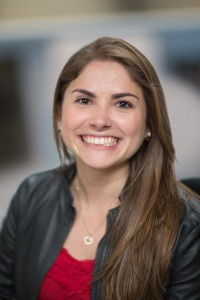 Vanessa is a Registered Nutritionist and holds both a Ph.D. and Master degree in Nutrition from Federal University of Santa Catarina, Brazil. Vanessa’s research interests are mainly related to policy aspects of health promotion and nutrition, with attention to the prevention of childhood overweight and obesity through the promotion of healthy eating. She has been involved in projects related to different aspects of food and menu labelling, which were supported by the Brazilian Ministry of Science, Technology and Innovation (MCTI) and by the Brazilian National Council for Scientific and Technological Development (CNPq).
Vanessa is a Registered Nutritionist and holds both a Ph.D. and Master degree in Nutrition from Federal University of Santa Catarina, Brazil. Vanessa’s research interests are mainly related to policy aspects of health promotion and nutrition, with attention to the prevention of childhood overweight and obesity through the promotion of healthy eating. She has been involved in projects related to different aspects of food and menu labelling, which were supported by the Brazilian Ministry of Science, Technology and Innovation (MCTI) and by the Brazilian National Council for Scientific and Technological Development (CNPq).

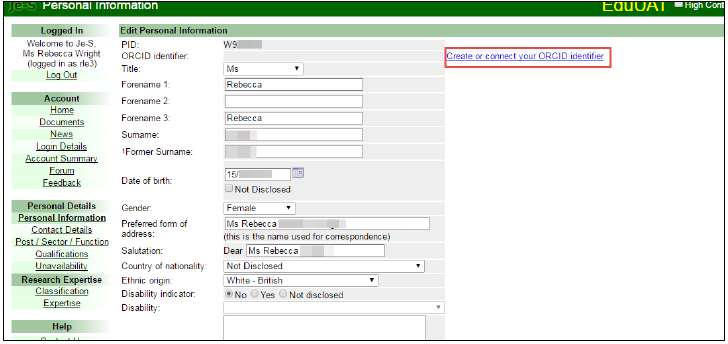
 Sascha Dov Bachmann, Associate Professor in International Law, FMC, has been made Extraordinary Visiting Professor (AP) in War Studies at the Swedish Defence University (FHS). This appointment recognizes his contribution to the work of the
Sascha Dov Bachmann, Associate Professor in International Law, FMC, has been made Extraordinary Visiting Professor (AP) in War Studies at the Swedish Defence University (FHS). This appointment recognizes his contribution to the work of the 

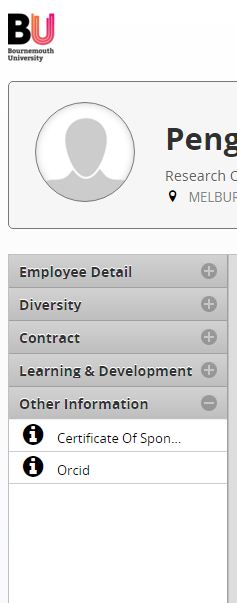



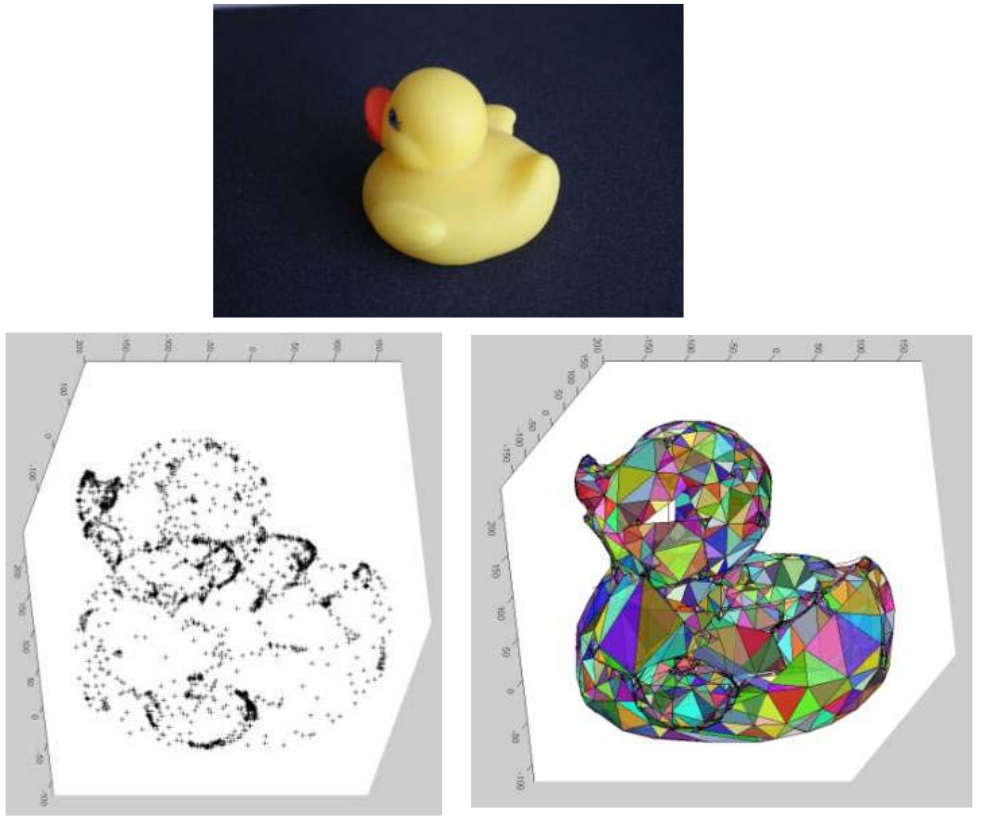
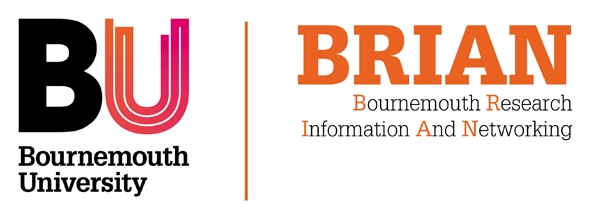

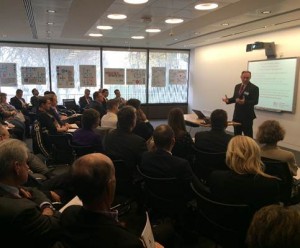
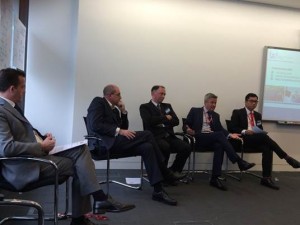
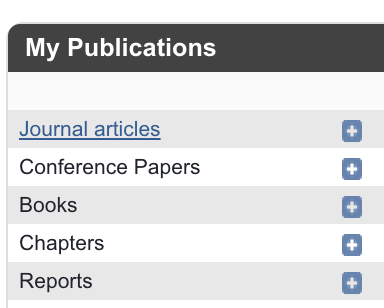

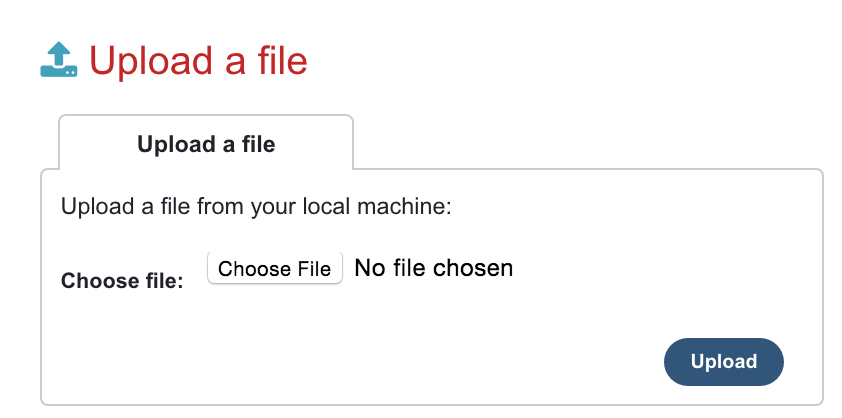














 Beyond Academia: Exploring Career Options for Early Career Researchers – Online Workshop
Beyond Academia: Exploring Career Options for Early Career Researchers – Online Workshop UKCGE Recognised Research Supervision Programme: Deadline Approaching
UKCGE Recognised Research Supervision Programme: Deadline Approaching SPROUT: From Sustainable Research to Sustainable Research Lives
SPROUT: From Sustainable Research to Sustainable Research Lives BRIAN upgrade and new look
BRIAN upgrade and new look Seeing the fruits of your labour in Bangladesh
Seeing the fruits of your labour in Bangladesh ECR Funding Open Call: Research Culture & Community Grant – Apply now
ECR Funding Open Call: Research Culture & Community Grant – Apply now ECR Funding Open Call: Research Culture & Community Grant – Application Deadline Friday 12 December
ECR Funding Open Call: Research Culture & Community Grant – Application Deadline Friday 12 December MSCA Postdoctoral Fellowships 2025 Call
MSCA Postdoctoral Fellowships 2025 Call ERC Advanced Grant 2025 Webinar
ERC Advanced Grant 2025 Webinar Update on UKRO services
Update on UKRO services European research project exploring use of ‘virtual twins’ to better manage metabolic associated fatty liver disease
European research project exploring use of ‘virtual twins’ to better manage metabolic associated fatty liver disease